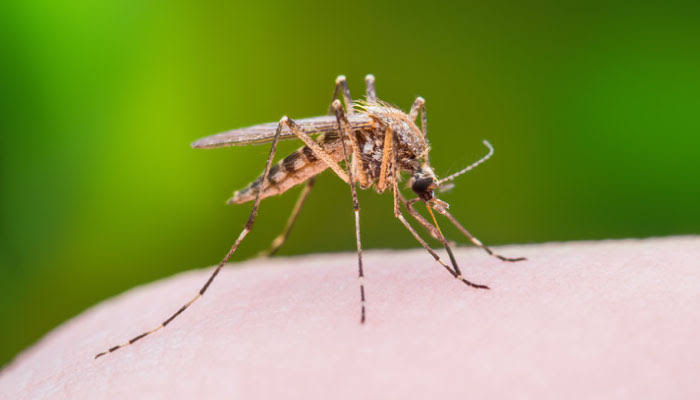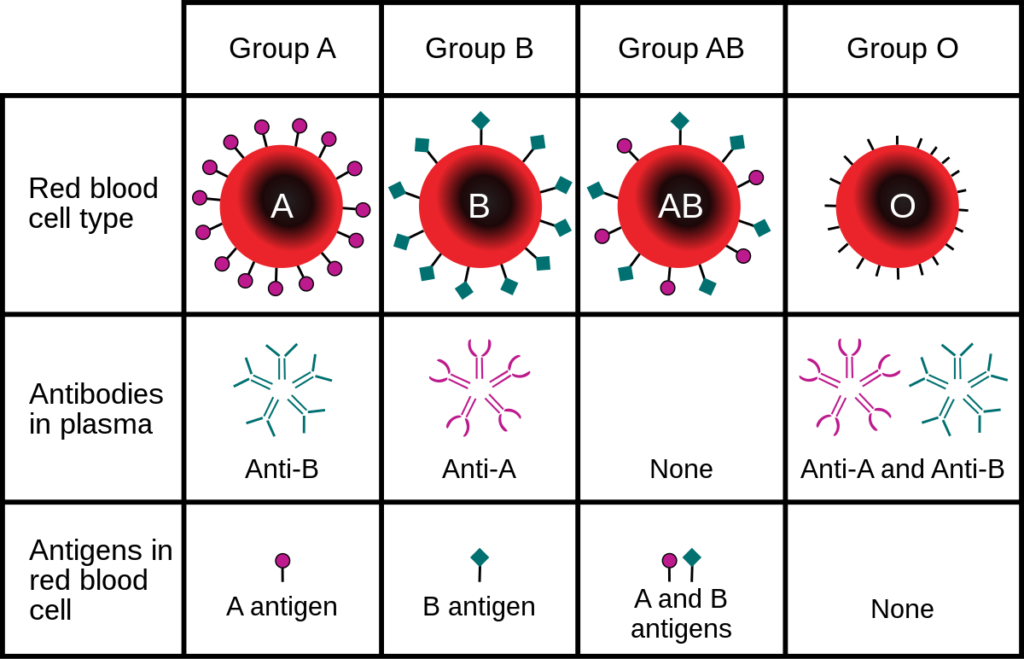
Probably all of us are familiar with the red, itchy pimples that appear after getting bitten by a mosquito. They typically just cause a mild irritation that eventually goes away.
But do you ever feel as though you are bitten by mosquitoes more frequently than other people? Well, there might be science behind that question.
Mosquitoes may very well love you more than other people if it appears that way. According to studies, 20% of people exhibit a particularly strong attraction to these insects.
Mosquitoes may be drawn to you more for a variety of reasons, such as your blood type, clothing, breathing pattern, or even the microorganisms on your skin. Let’s see a few reasons why mosquitoes are more attracted to some people.
Blood type plays a big role

Research indicates that some blood types may appeal to mosquitoes more than others, which is not surprising considering that they bite us in order to get proteins from our blood. In a laboratory setting, one study found that Type O blood recipients had mosquito bites almost twice as frequently as Type A recipients. People with Type B blood had an average level of itching.
In addition, according to other genes, about 85% of people secrete a chemical signal through their skin that identifies their blood type, while 15% do not. Regardless of blood type, mosquitoes are also more drawn to secretors than non secretore .
Skin bacteria
Finally, it’s time to discuss body odor, which is created when the bacteria on your skin (your skin microbiota) break down the elements in your perspiration and release them through your skin as odorous byproducts.
It is believed that body odor likely plays a significant influence on mosquito preference because several of these metabolites are known to be mosquito attractants.
Our particular body scents vary because we all have unique combinations and types of germs on our skin. Although the specifics aren’t fully known, this diversity is supposed to contribute to understanding what makes one human more attractive to a mosquito than another.
Carbon dioxide
Every time we exhale, carbon dioxide is produced. Additionally, when we’re active, like when we exercise, we create more.
Mosquitoes are capable of detecting changes in the carbon dioxide levels in their environment. Numerous mosquito species may respond to carbon dioxide in different ways, according to studies.
A mosquito may notice an increase in carbon dioxide and become aware of a potential host. Then a swarm of mosquitoes will move in that direction.
People who take beer are also a target of mosquito bites more often
Who knew that insects liked beer? In one study, researchers discovered that study participants who had consumed one liter of beer were substantially more attracted to mosquitoes than those who had had the same amount of water.
The cause of this growth is yet unknown, though. Alcohol consumption and mosquito landings did not correlate with carbon dioxide exhalation or skin temperature. However, the results imply that when consuming alcohol, you should take precautions against mosquitoes.
Pregnant women are more open to mosquito bites
Numerous studies have revealed that pregnant women experience roughly twice as many mosquito bites as non-pregnant people. This is probably due to the unfortunate coincidence of two factors: They are on average 1.26 degrees Fahrenheit warmer and breathe roughly 21% more carbon dioxide than ordinary people.
Blood relations
It is thought that underlying genetic variables account for 85% of the difference between individuals in their attractiveness to mosquitoes, whether it shows up through blood type, metabolism, or other features. There is no way to alter these genes, which is unfortunate.